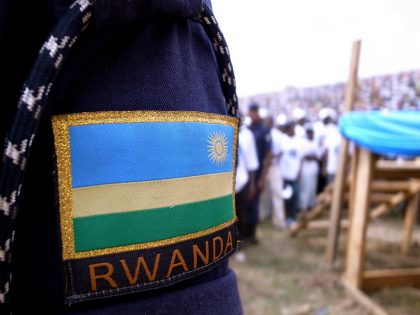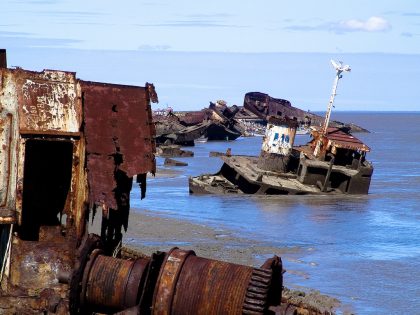
The African Union passport and dreams of democratic mobility
On mobility, democracy and making a decolonized future for Africa.

On mobility, democracy and making a decolonized future for Africa.

Structural Adjustment Programs, implemented by the World Bank and IMF in developing countries, leave the administrative state especially unequipped to deal with climate change.

Why do so many of the urban poor support John Mahama and Ghana's opposition National Democratic Congress?

Why a military-only approach against Boko Haram in the countries bordering Lake Chad will always fail: it doesn’t address the root causes of political conflict there.

Cameroon claims to be a democracy. Then why are even moderates like Maurice Kamto in jail?

Combating Zionism requires a vision that pays no credence to ethno-nationalism. As the world reconsiders the one-state solution, South Africa should lead the way.

If Rwandan support for the RPF and Kagame is so universal and genuine, why the murder, frequent arrest, torture and imprisonment of opposition politicians and investigative journalists?

The popular myth holds that most South African major resistance leaders come from its coastal regions. That's not been the case since the mid-1970s.

Omar al Bashir has fallen in Khartoum. Beyond regime change—managed by the military—there's a deeper economic crisis.

The post-independence fates of Zimbabwean student activists who fought the Rhodesian regime.

Judi Rever's account of the Rwandan genocide and its aftermath challenges the official narrative.

Patrice Lumumba became a martyr of African independence. But what are Lumumba's "political afterlives" nearly sixty years later?

The mass of people in North Africa are still a force to be reckoned with and the region is still far away from a return to authoritarian stagnation.

Beyond immediate disaster relief, sustainable global responses to climate change require greater and more predictable funding to strengthen the resilience of the planet's most vulnerable regions.

European nations increasingly look to the physical space of African nations for potential solutions to their racial and demographic anxieties.

Mali can't guarantee its citizens that it will protect them.

Teachers are undervalued around the world. The Lesotho teachers strike is yet another case to prove that point.

The bases on which Israel's supporters believe it is subject to unfair criticism, are eerily similar to the rationalizations of apartheid South Africa's defenders in the 1970s and 80s.

A radical critique of the discourse on terrorism and, specifically, of repeated Israeli and US claims to moral superiority in the fight against “terrorism,” is long overdue.

Cyclone Idai exposed a state weakened by an extractivist development model and captured by global capital, exposing ordinary Mozambicans.